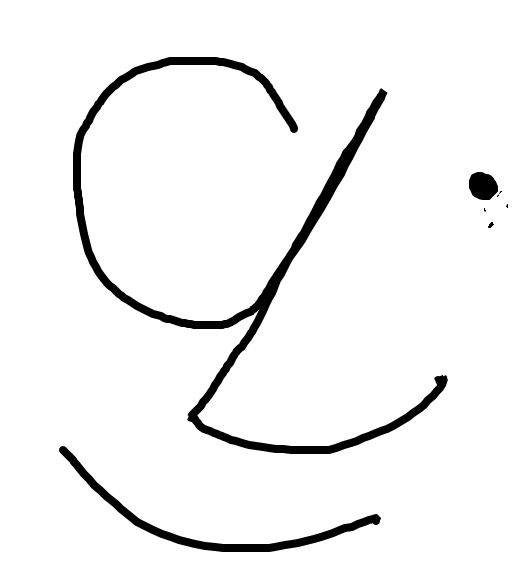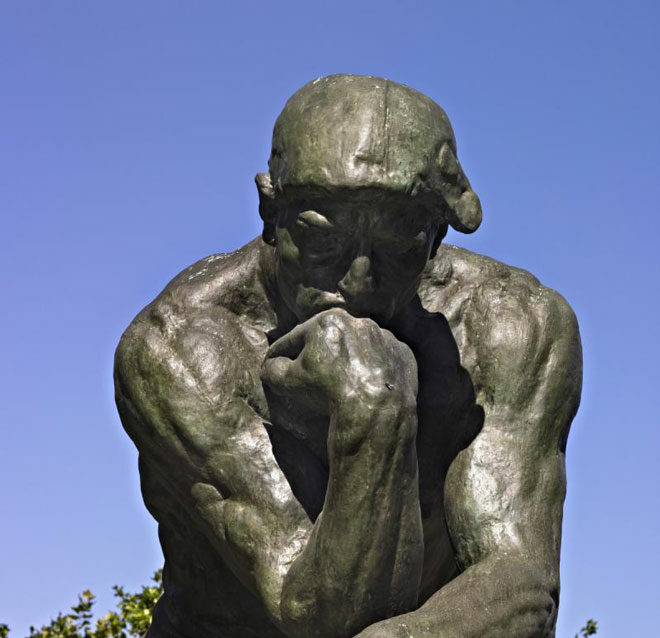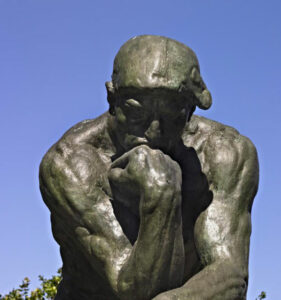It seems to me that it’s regularly necessary to question one’s beliefs about music education pedagogy.
That doesn’t necessarily mean you have to change them!
It’s more a question of reviewing or taking stock of what we believe is essential to our actions, what may change over time, where we work and, above all, the people we work with.
As in each of my articles on pedagogy, I’m careful not to offer definitive answers. That doesn’t stop me from offering my own personal experience, which itself evolves over time…
What is a conviction? A few definitions:
French definitions from the Larousse dictionary :
- The state of mind of someone who firmly believes in the truth of what they think; certitude.
- Principle, idea that is fundamental to someone (mostly plural)
- Awareness of the importance, usefulness and validity of what we do; seriousness.
French definitions from the Robert dictionary :
- Certainty based on clear evidence.
- Firm Opinion.
Dictionary of the Académie Française :
- The feeling that one has of the truth of a fact or the correctness of an opinion or principle; the resulting certainty.
- By extension. The very strong feeling that comes from such certainty.
What emerges from these definitions?
A more or less dense relationship between ideas, facts and the resulting feelings.
It seems obvious that an educator risks being ineffective if he is not convinced by what he is implementing or recommending.
It is also clear that we can be convinced by an idea without it being backed up by material facts. This brings us back to the question of the ideal.
From then on, it is the feeling that this idea is true that makes it a conviction, the subjective basis of which can be called into question.
On the other hand, and in contrast, the word ‘conviction’ is often associated with an irrefutable fact: a ‘piece of evidence’.
The relationship with music education?
I think it’s interesting to identify the nature of our convictions at the pedagogical level: which are based on material facts, and which are based on ideas. In both cases, they are subject to evolution.
- Convinced by facts: this refers to the objectivity of the observations of these facts.
Just because “we’ve always done it this way” or “I’ve seen my teacher do it this way” doesn’t mean that this way of doing things should be taken for granted and become a benchmark. It’s all a question of context and habit.
Two examples:
– Jacques Chapuis often took the children’s hands when improvising melodies individually, in dialogue. Even if he had always done so (which is not the case), is that a reason to do the same without question?
– In the sequences of rapid blows with the sound hammer, I always gave the pattern twice while turning the hammer over, out of habit, to reinforce the example. Until someone pointed it out to me. In fact, it wasn’t necessary and I changed my way of doing things… - Convinced by ideas: ideas are the most unstable elements. As the saying goes, “Only fools stick to their ideas”. An idea that is never questioned becomes a dogma that implies obligations to be respected in order to belong to a certain community.
What does this have to do with Edgar Willems’ educational proposal?
Willems liked to describe himself as a “phenomenologist”, i.e. an observer of observed facts.
When he based his work on the analysis of human nature in relation to the analysis of the constituent elements of music, he noted the differences between the components and also noted the effects of the multiple interactions generated. In the light of these observations, he chooses and recommends the most relevant or effective associations to help human beings grow towards greater well-being and better balance.
He came to speak of “Methods” in the plural, because they could be different depending on the subject concerned.
He preferred to say that you need a method to teach music education, i.e. you need to have anticipated the course of a lesson and the progression. In this he was part of a current of pedagogical and philosophical thought about which he had done a great deal of research.
For him, it was not a question of wiping the slate clean.
It was by questioning his observations that he sought other ways of improving results, and these questions led him to analyse the sources: human nature, the nature of music, and their relationship.
It is not forbidden to think and act differently. The consequences will naturally be different.
Why choose this way of thinking rather than another? It depends on each individual, on their readiness to accept a different point of view, and on their capacity to question it. It’s best to avoid imposing a moral judgement on this choice.
In other words, teaching methods other than those suggested by Willems may be better suited to other types of personality, enabling them to fulfil their potential. In this respect, teaching methods are often complementary.
I studied the books of other great 20th century pedagogues, but I never practised anything other than the ‘Willems method’. It seemed to me that it was more complete, both in its overall approach and in its details, always comparing the idea with its practical application. And this experience has enabled me to evolve throughout my career, and to renew myself in the way I run courses, by the very fact that they involve different people, who are themselves constantly evolving.
To conclude with a formula: “Yes to reflection on method. No to dogma!


